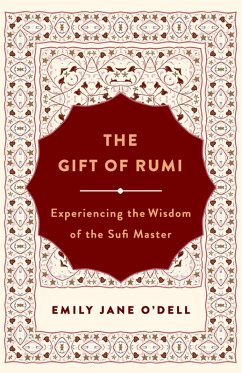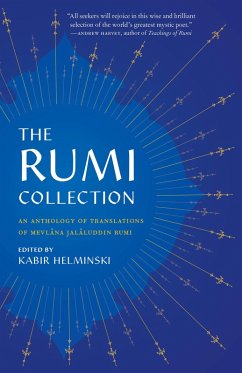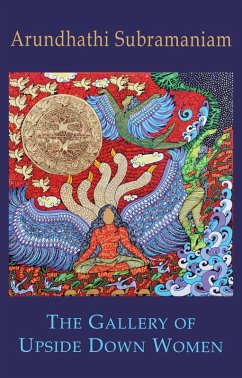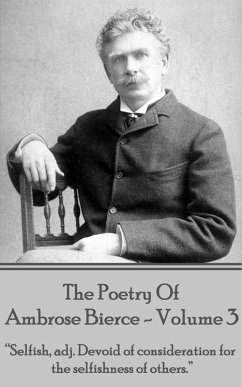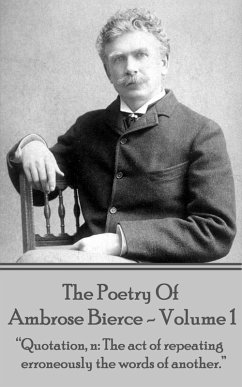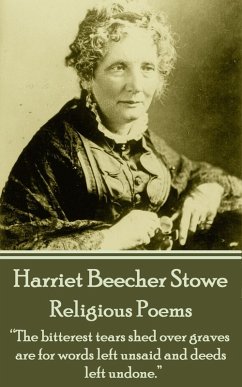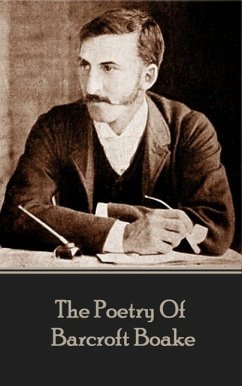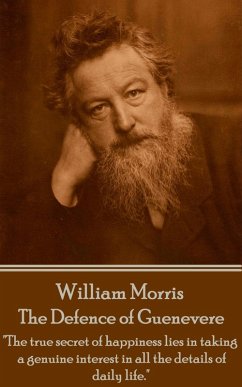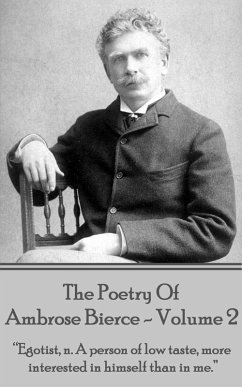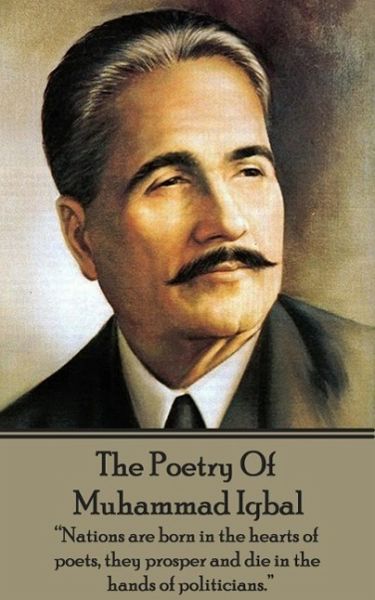
The Poetry Of Allama Muhammad Iqbal (eBook, ePUB)
"Nations are born in the hearts of poets, they prosper and die in the hands of politicians."

PAYBACK Punkte
1 °P sammeln!
Sir Muhammad Iqbal, is considered one of the most important figures in Urdu literature with his poetry written in both the Urdu and Persian languages. His birthday that is celebrated as 'Iqbal day', a national holiday in Pakistan and numerous public institutions are named after him including the international airport in Lahore. He is also known as 'Shair-e-Mushriq' meaning 'Poet of the East', 'Muffakir-e-Pakistan' 'The Inceptor of Pakistan', and 'Hakeem-ul-Ummat' 'The Sage of the Ummah' (the global Muslim community). His acclaim as a modern Muslim philosopher with his various Urdu and English ...
Sir Muhammad Iqbal, is considered one of the most important figures in Urdu literature with his poetry written in both the Urdu and Persian languages. His birthday that is celebrated as 'Iqbal day', a national holiday in Pakistan and numerous public institutions are named after him including the international airport in Lahore. He is also known as 'Shair-e-Mushriq' meaning 'Poet of the East', 'Muffakir-e-Pakistan' 'The Inceptor of Pakistan', and 'Hakeem-ul-Ummat' 'The Sage of the Ummah' (the global Muslim community). His acclaim as a modern Muslim philosopher with his various Urdu and English lectures and letters in cultural, social, religious and political disputes, together with his political activity over the years, contributed to a knighthood by King George V In 1922. Iqbal was born in Sialkot, part of British India's then Punjab but now in Pakistan, to a tailor father, Shaikh Noor Mohammad and mother Imam Bibi, whose ancestors were Kashmiri Pandits that had migrated to the Punjab when Sikh influence in Kashmir looked permanent. Despite his parents having no formal education, Iqbal at 4 years old was sent to the mosque to learn the Quran where the head of the Madrassa became his teacher. Iqbal received the Faculty of Arts diploma from Scotch Mission College in 1895 and qualified for a scholarship from Trinity College in Cambridge. He went on to Germany to finish his PhD and was called to the bar in London as a barrister in 1908. His first book of poetry was in Persian and as with all his works centred on his deep seated love of Islam and the importance of spiritual direction in personal, professional and political life. He was profoundly influenced by Rumi who he perceived as his guide and also drew on Nietzsche, Henri Bergson and Goethe. He continued to practise law, his studies and also became politically active becoming the general secretary of Anjuman-e-Himayat-e-Islam, an influential Muslim organisation of creatives and politicians and supporting Jinnah in the Muslim League. Iqbal was a prolific writer not only of poetry but essays and books, often in English. His ability in all three languages was immense but he himself said: "Even though in sweetness Urdu is sugar...Dari (Persian) is sweeter". His ability to convey the importance of Islam in both a historical, cultural and personal perspective provided a spiritual framework for society, especially the Muslim masses throughout the world, as he outlined the aim of life as self knowledge and detailed the stages required to achieve this self realisation. Iqbal married three times and his son Javid has served as a justice on the Supreme Court of Pakistan. He died in Lahore on 21 April 1938 and his tomb is in the city's enclosed garden with official guards still stationed as a sign of the deep rooted respect, admiration, influence and love the people of Pakistan had for Allama Muhammad Iqbal.
Dieser Download kann aus rechtlichen Gründen nur mit Rechnungsadresse in D ausgeliefert werden.




